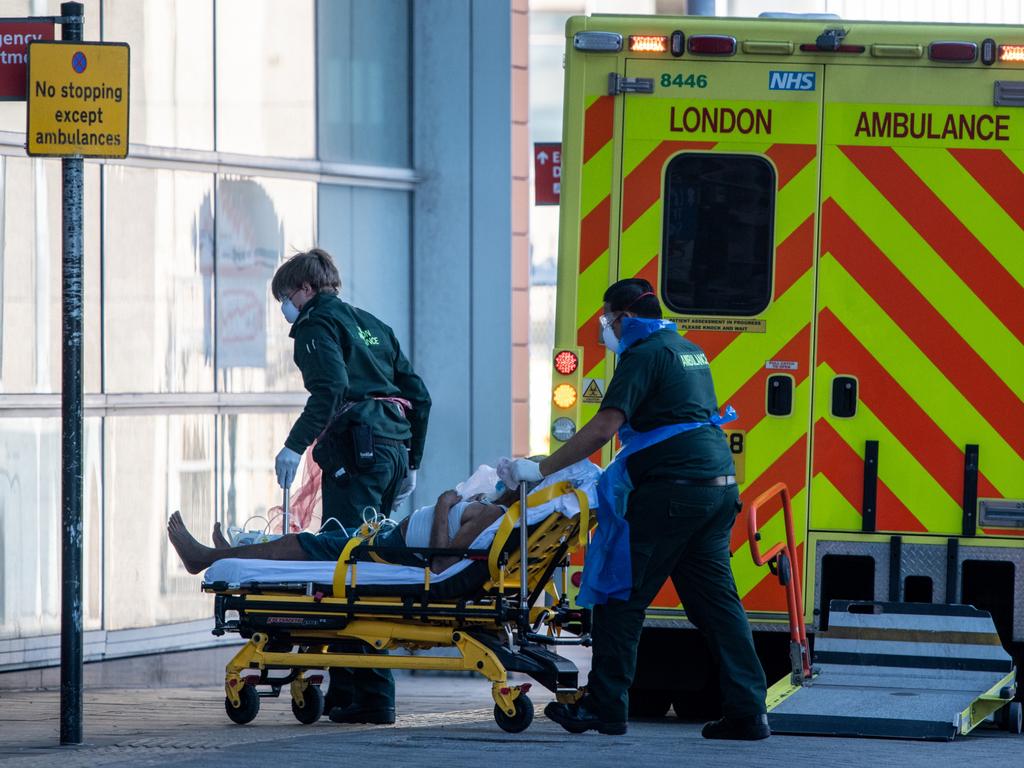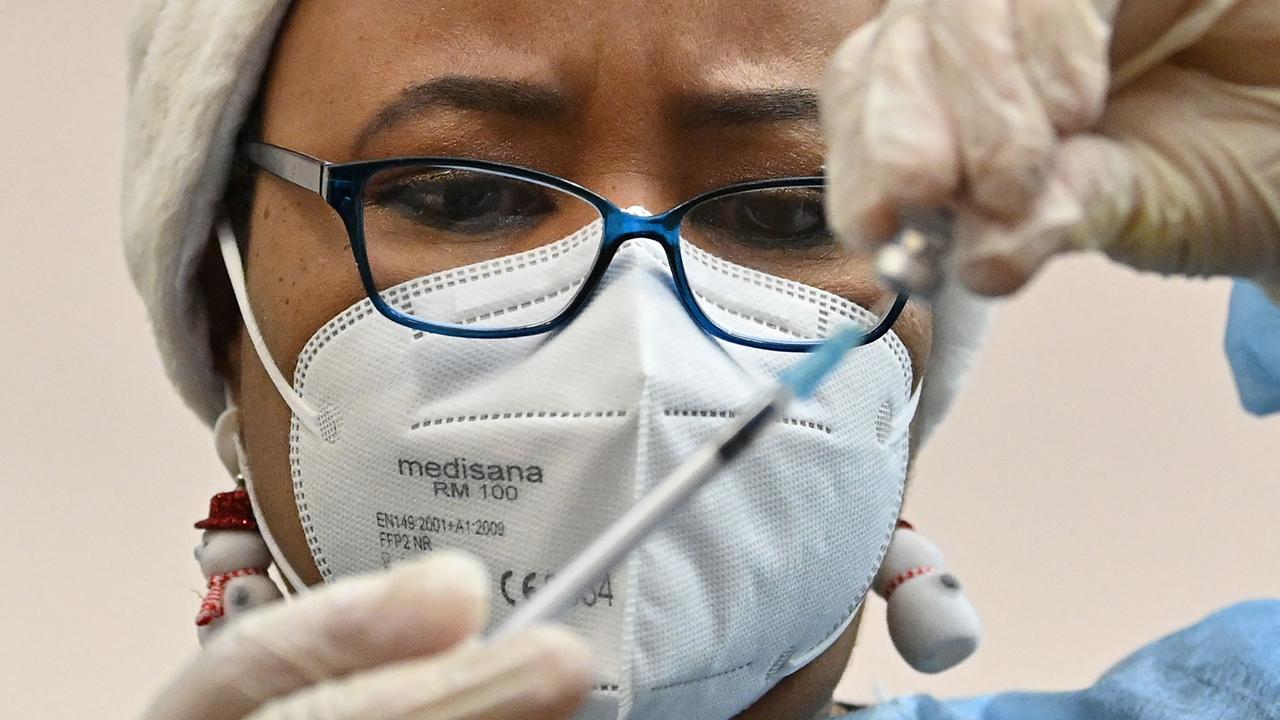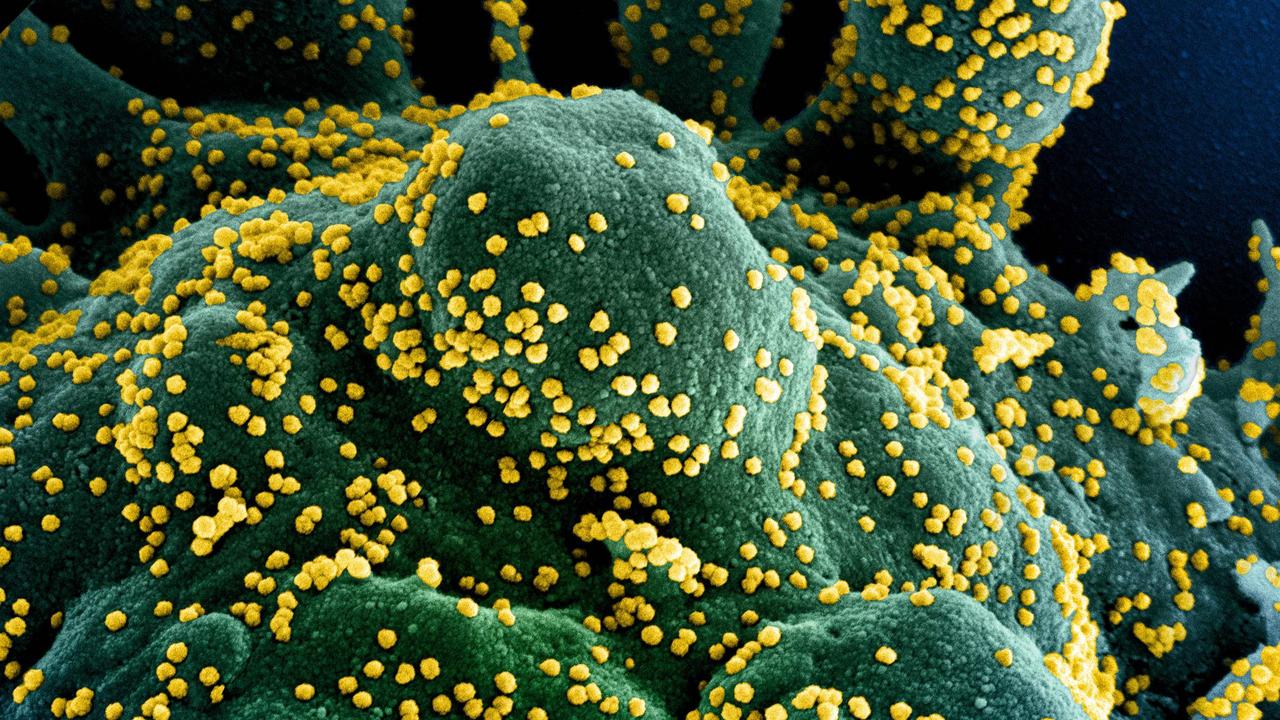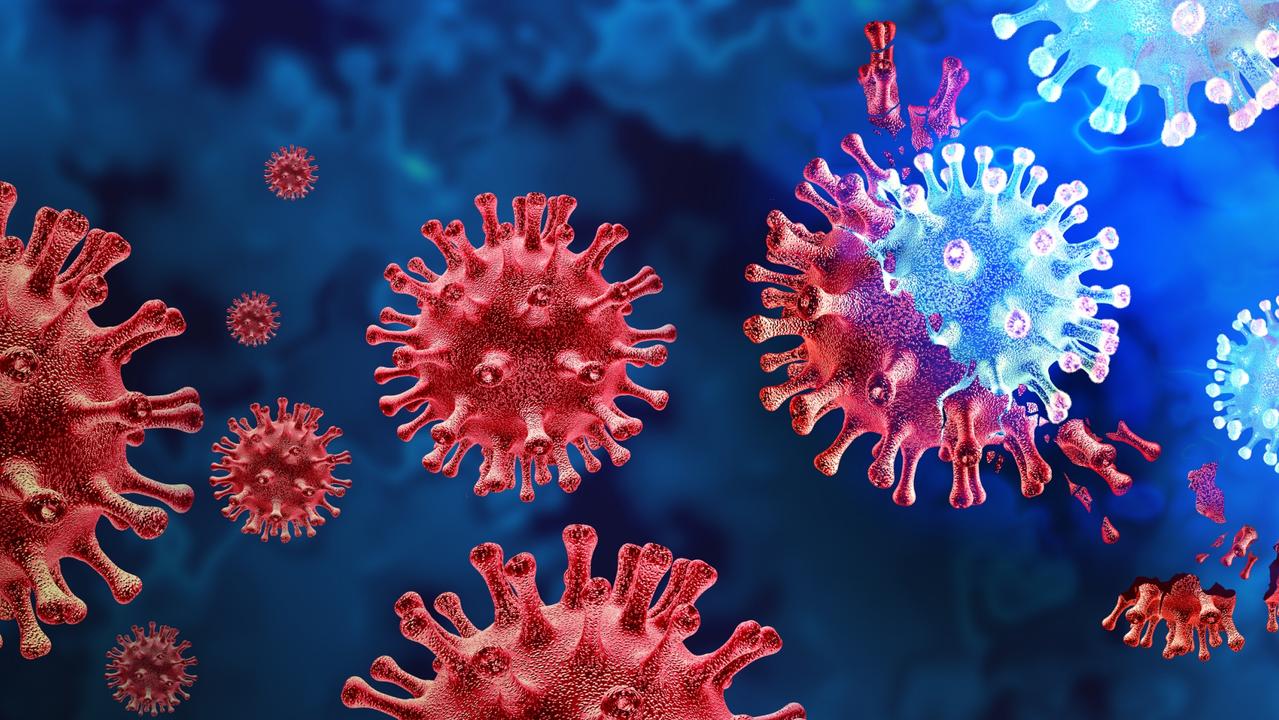How Delta variant symptoms differ from other Covid-19 strains
Researchers are warning symptoms of the highly infectious Delta variant are different and more dangerous than those of the “original”.
Researchers are warning that symptoms of the highly infectious Delta variant are different and more dangerous than those of the “original” version of coronavirus that started spreading across the world in late 2019.
In China, doctors said that up to 12 per cent of patients are becoming severely or critically ill within three to four days of the onset of symptoms – while in the past, the proportion had been only 2 or 3 per cent of those infected. The virus concentrations detected in their bodies also climbed to levels higher than previously seen, and declined at a slower rate.
While the classic signs of Covid-19 have been loss of taste or smell, a persistent cough and a fever, data collected in the ZOE COVID Symptom Study last week found that Delta strain can feel “more like a bad cold” for younger people, and that the three main symptoms may be less common.
“Since the start of May, we have been looking at the top symptoms in the app users – and they are not the same as they were,” said Professor Tim Spector, who runs the study which over four million global participants have logged their symptoms, tests and vaccines for.
“This variant seems to be working slightly differently.”
RELATED: NSW records 10 new local infections
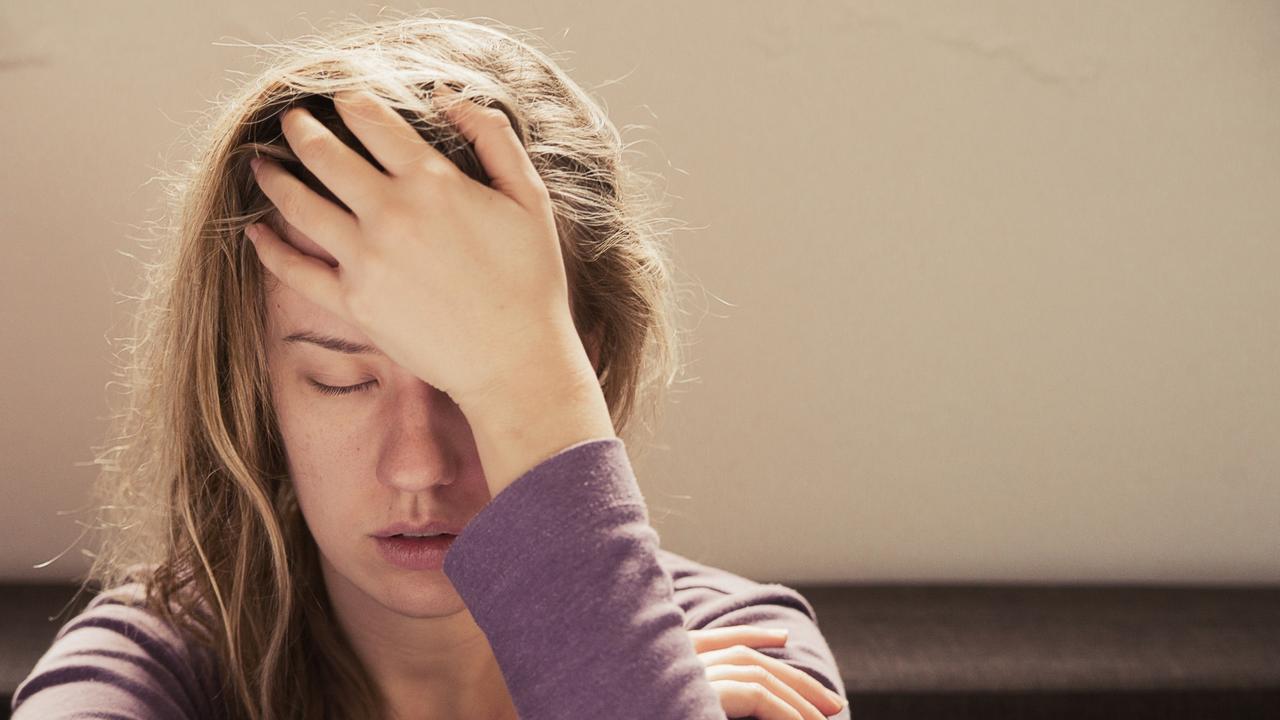
While a fever remains among the most common symptoms for the strain – which has now become dominant in the UK, with fears it could do the same in the US and Australia, where it’s increasingly being detected – a headache, sore throat and runny nose are becoming more prevalent than a loss of taste or smell and a cough.
Because for young people it feels like a “bad cold”, this is leading some to “still go out to parties and spread it to around six other people,” Prof Spector explained.
“We think this is fuelling a lot of the problem,” he said. “This is a very sticky virus and it is explaining in a way why it has done so much damage in such a short time.”
He urged anyone with a “funny ‘off’ feeling” to stay at home.
“The message here is if you are young, and you are going to get milder symptoms anyway, it might just feel like a bad cold or a funny ‘off’ feeling, but do stay at home and do get a test,” he added.
“This is really important to reduce the transmission of this virus particularly in the young, by people acting sensibly. So if you feel unwell just stay home for a few days until it passes.”
In India, where the Delta variant originated and has driven the nation’s horror second wave, doctors have also identified symptoms including gangrene and hearing loss.
Medics believe severe gastric upsets, hearing impairment and blood clots that lead to gangrene have been linked to the strain.
“Last year, we thought we had learned about our new enemy, but it changed,” infectious disease physician at Chennai’s Apollo Hospital, Dr Abdul Ghafer, told Bloomberg.
“We need more scientific research to analyse if these newer clinical presentations are linked to B. 1.617 or not.”
Mumbai-based cardiologist, Dr Ganesh Manudhane, recalled how some patients had such severe blood clots that they led to gangrene.
“I saw three-to-four cases the whole of last year, and now it’s one patient a week,” Dr Manudhane said.
RELATED: World scrambles to deal with Delta strain
On Monday, World Health Organisation (WHO) officials warned the strain will “pick off” the most vulnerable people, especially in places with low vaccine rates.
Delta has the potential “to be more lethal because it’s more efficient in the way it transmits between humans and it will eventually find those vulnerable individuals who will become severely ill, have to be hospitalised and potentially die”, executive director of the WHO’s health emergencies program, Dr Mike Ryan, said during a press conference.
In order to protect the most vulnerable, world leaders and public health officials need to donate and distribute vaccines, he added.
“We can protect those vulnerable people, those frontline workers,” he said.
“And the fact that we haven’t, as Director-General [Tedros Adhanom Ghebreyesus] has said, again and again, is a catastrophic moral failure at a global level.”
